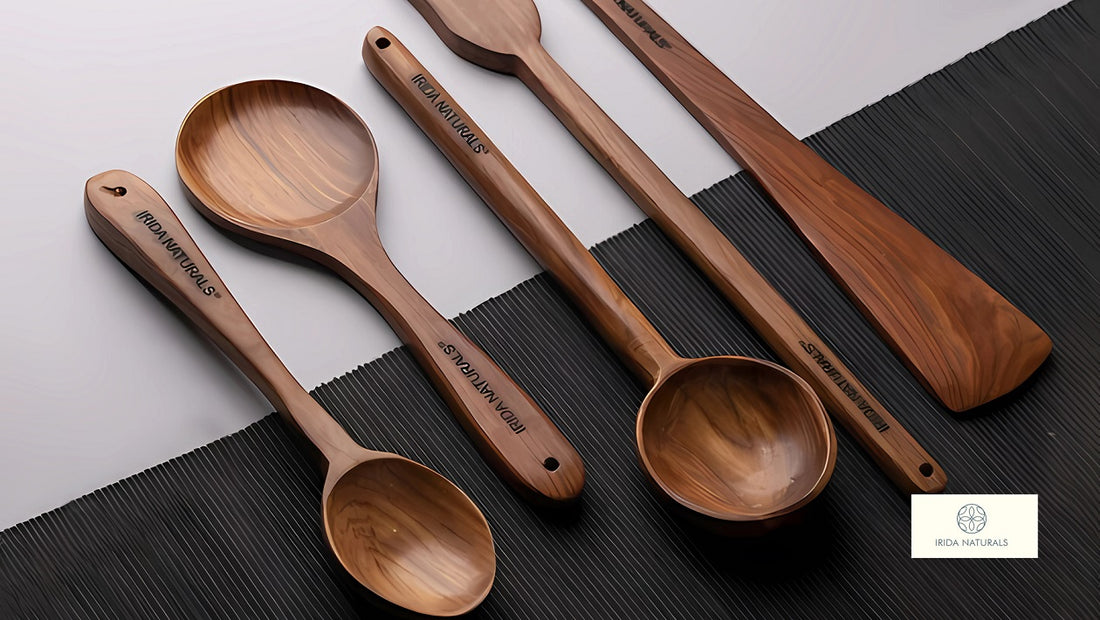Wooden spoons are a beloved staple in many kitchens. Not only are they sturdy and versatile, but they also add a touch of warmth to your cooking experience. Whether you have a full set of wooden kitchen spoons or just a few small wooden spoons, proper care is essential to ensure they last for years. In this blog, we will share tips for caring for your wooden utensils, focusing on keeping your wooden spoon sets and other wooden kitchen utensils in top condition.
Why Choose Wooden Spoons?
Before diving into care tips, let’s explore why wooden spoons are a great addition to your kitchen. Wooden spoons for cooking are gentle on your cookware, especially non-stick surfaces. They don’t conduct heat, which means you won’t burn your hands when stirring hot pots. Additionally, spoon wood naturally resists bacteria, making it a safe choice for food preparation.
Tips for Caring for Wooden Kitchen Spoons
1. Wash Your Wooden Spoons Properly
When cleaning your wooden utensils, it's important to avoid soaking them in water. Instead, wash your wooden spoon kitchen utensils with warm, soapy water using a soft sponge. Avoid using harsh chemicals or putting them in the dishwasher, as this can cause the wood to warp or crack.
2. Dry Thoroughly
After washing, dry your wooden spoons with a clean cloth immediately. Leaving them wet can lead to mold or mildew growth, which can ruin your wooden spoon. It's best to place them in a well-ventilated area to dry completely.
3. Oil Your Wooden Utensils Regularly
To keep your wooden spoon utensil in good shape, apply food-safe mineral oil or a specialized wooden utensil oil every few months. This helps maintain the wood's natural moisture and prevents it from drying out. Simply apply a small amount to a cloth and rub it into the wood, allowing it to soak in before wiping off any excess.
4. Store Properly
Storing your wooden spoon sets correctly is crucial for their longevity. Avoid leaving them in direct sunlight or near heat sources, as this can cause them to crack. Instead, keep them in a drawer or a container to protect them from damage. If you have a wooden ladle or other large wooden utensils, consider hanging them on a rack to display them while keeping them safe.
5. Inspect for Damage
Regularly check your wooden spoons for any signs of damage, such as cracks or splintering. If you notice any issues, it's best to retire the spoon of wood from use, as damaged utensils can harbor bacteria and affect your cooking.
Conclusion
Caring for your wooden kitchen spoons is essential for maintaining their beauty and functionality. With proper washing, drying, oiling, and storage, your wooden spoons can serve you well for many years. By following these simple tips, you can enjoy the benefits of your wooden utensils, including small wooden spoons and wooden ladles, while reducing waste and promoting sustainable cooking practices. Embrace the charm of spoon wood in your kitchen, and your wooden spoons will remain a cherished part of your cooking experience.


